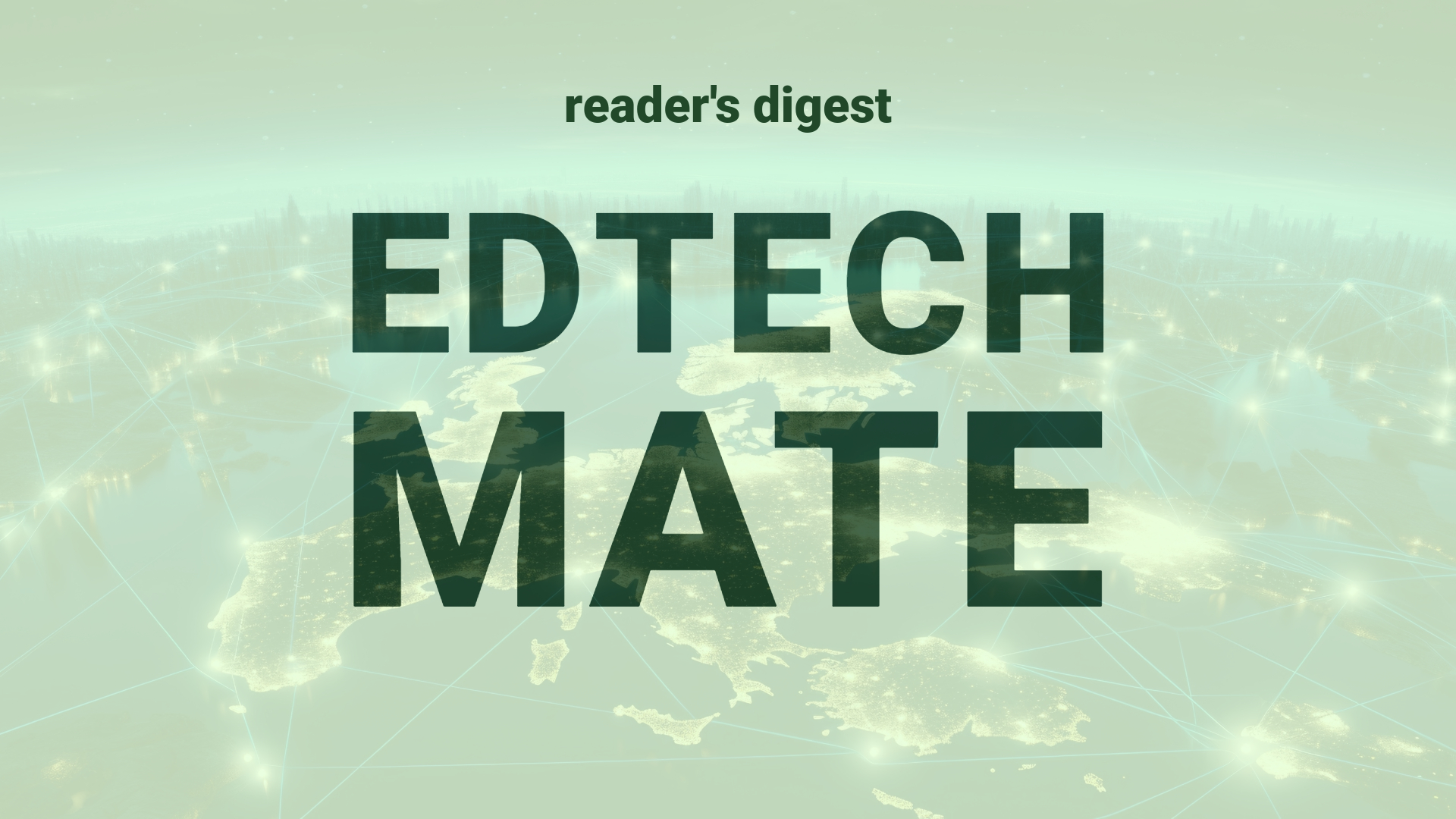Executive Summary and Main Points
The reverberations of the U.S. Supreme Court’s decision to vacate prior rulings on the content moderation laws from Texas and Florida are indicative of the complex interplay between regulation, digital rights, and platform governance. As states aimed to legislate against what they perceived as ideological censorship by tech giants, the court redirected the issue back to lower courts citing a comprehensive evaluation deficiency, especially concerning varied digital entities. This scrutiny encompasses not only major social platforms such as Meta, X (formerly Twitter), and Google’s YouTube but extends to other digital services like Uber and Etsy. The evolving dynamics underline the ongoing tension between free speech rights and the requirement for an open and unbiased digital environment in the global context of higher education institutions and their digital frameworks.
Potential Impact in the Education Sector
These developments may substantially influence Further Education and Higher Education by steering the discourse around digital rights and platform governance, potentially impacting how educational content is moderated and shared online. As institutions increasingly embrace digitalization, potential regulations could alter how they engage with students, particularly in terms of free speech and content dissemination. For Micro-credentials – fast-growing digital certifications – the discourse could inform the policies platforms utilize to support or restrict course material, possibly affecting strategic partnerships between educational entities and digital service providers. The intersectionality of digital transformation and education imposes a critical reflection on how legislative actions in the digital space might shape the academic world and its outreach.
Potential Applicability in the Education Sector
Innovative applications within the education sector might involve leveraging AI-fueled analytics to ensure content delivery aligns with diverse legal frameworks while upholding academic freedom. Educational leaders could consider deploying digital tools that allow for nuanced content moderation, supporting educators’ autonomy and safeguarding against biases, potentially limiting the exposure of educational material. AI could also play a pivotal role in crafting personalized learning experiences, monitoring engagement, and flagging content that could gain unwarranted attention or misinterpretation under varying international jurisdictions.
Criticism and Potential Shortfalls
The potential for overreaching content moderation could infringe upon academic freedom, essential for robust scholarly discourse. International case studies, like those in the European Union’s Digital Services Act or China’s Cyberspace Administration, reflect divergent approaches to platform governance which could inform or contrast with U.S. legislative directions. Ethical considerations include the protection of user data amidst increased digital surveillance and varying cultural interpretations of free speech, which may present challenges in creating universal digital standards for the higher education sector across the globe.
Actionable Recommendations
International education leadership should proactively engage in dialogues about potential legislative impacts on digital platforms, shaping policies that protect free speech while promoting a safe online learning environment. They could explore collaborations with tech companies for developing bespoke content moderation tools tailored for educational purposes. Capacity-building init
Source article: https://www.cnbc.com/2024/07/01/supreme-court-punts-social-media-moderation-cases-back-to-lower-courts-.html

